News
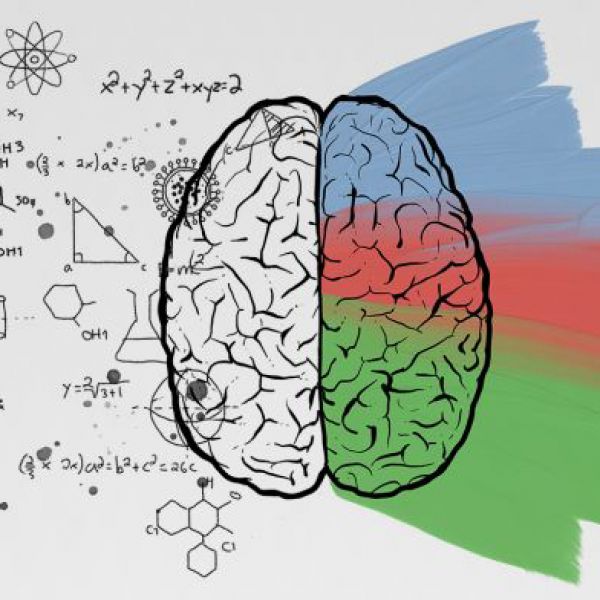
Sep 11, 2024
Three projects receive Huck Innovative and Transformational Seed Fund grants
Three potentially high-impact, high-risk research projects have been selected to receive seed funding for the latest round of the Huck Innovative and Transformational Seed (HITS) Fund initiative.
Full Article
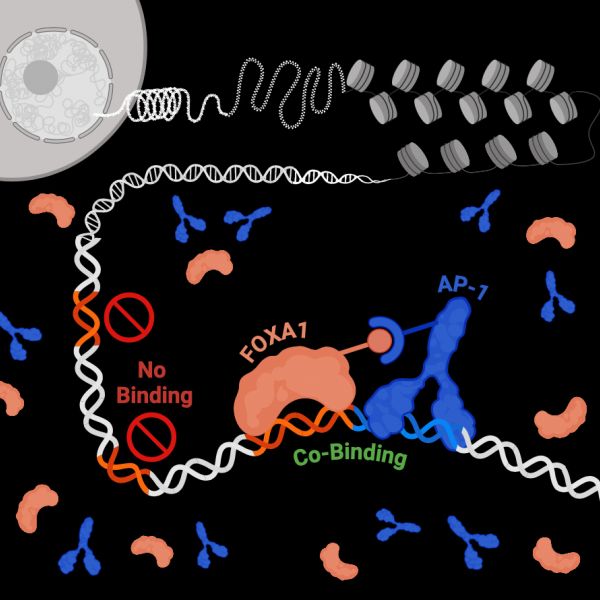
Sep 11, 2024
Genomic pioneers collaborate to access the inaccessible
A new experimental method allows researchers to dissect how certain proteins, called pioneer factors, can bind to selective regions of the genome that are inaccessible to other DNA binding proteins.
Full Article

Aug 29, 2024
Research teams receive $1.1 million to study microbiomes in agriculture
Two Penn State-led research teams have received funding from the U.S. Department of Agriculture’s National Institute of Food and Agriculture for projects investigating the ways microbiomes — the microorganisms in a particular environment, such as in soil or a living organism — can affect disease dynamics in agriculture.
Full Article

Aug 16, 2024
Penn State awards five new seed grants to support inter-institutional research
Five new research collaborations between Penn State and minority-serving institutions selected to receive seed funding via the Inter-Institutional Partnerships for Diversifying Research program.
Full Article
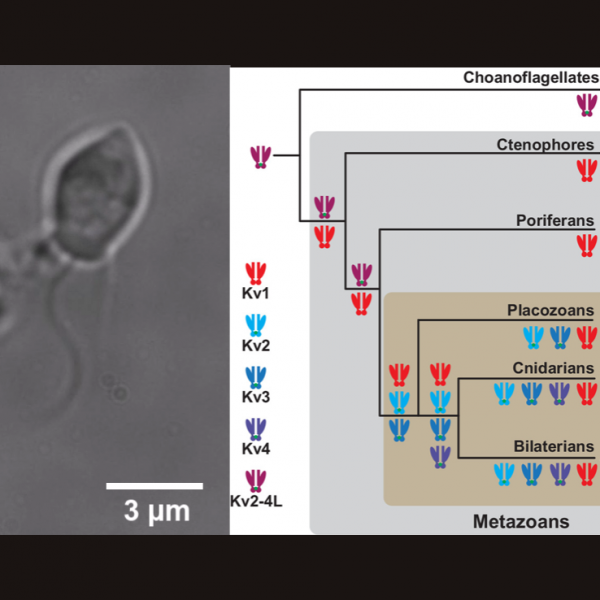
Aug 13, 2024
Rewriting the evolutionary history of critical components of the nervous system
A new study has rewritten the conventionally understood evolutionary history of certain proteins critical for electrical signaling in the nervous system. The study, led by Penn State researchers, shows that the well-studied family of proteins — potassium ion channels in the Shaker family — were present in microscopic single cell organisms well before the common ancestor of all animals.
Full Article

Aug 01, 2024
How duplicated genomes helped grasses diversify and thrive
Grasses cover about 40% of the Earth’s land surface, thriving in a multitude of environments. The evolutionary success of this plant family, which includes rice, maize, wheat and bamboo, likely results from a history of whole-genome duplications, according to a new analysis led by Penn State biologists.
Full Article
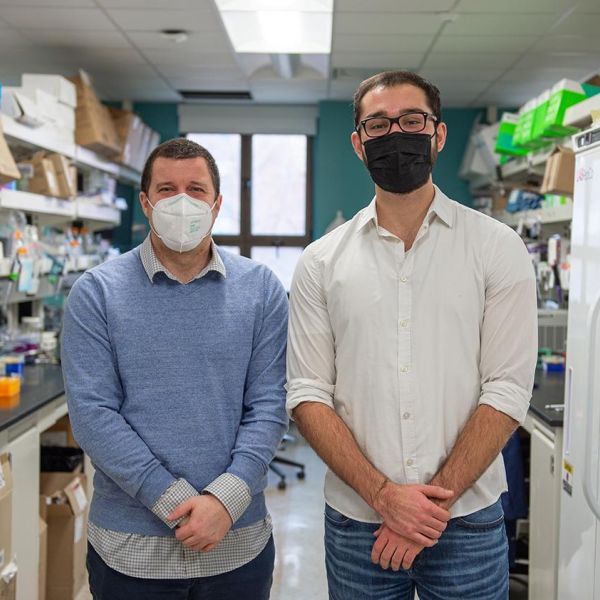
Jul 08, 2024
Re-engineering cancerous tumors to self-destruct and kill drug-resistant cells
A team led by Penn State researchers has created a modular genetic circuit that turns cancer cells into a “Trojan horse,” causing them to self-destruct and kill nearby drug-resistant cancer cells. Tested in human cell lines and in mice as proof of concept, the circuit outsmarted a wide range of resistance.
Full Article
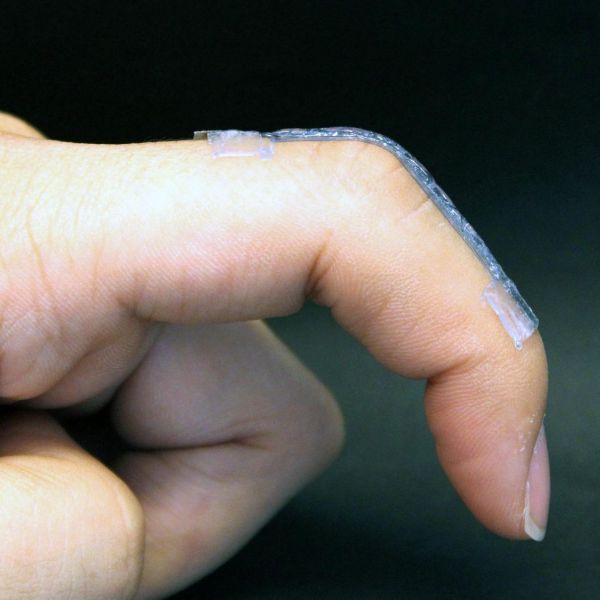
Jun 27, 2024
Self-assembling, highly conductive sensors could improve wearable devices
To advance soft robotics, skin-integrated electronics and biomedical devices, researchers at Penn State have developed a 3D-printed material that is soft and stretchable — traits needed for matching the properties of tissues and organs — and that self-assembles.
Full Article

Apr 14, 2023
Seed grants to foster research collaborations with Minority Serving Institutions
Penn State’s Huck Institutes of the Life Sciences has initiated a new grant program to seed collaborative, interdisciplinary projects that would bring together researchers from Penn State and Minority Serving Institutions (MSIs).
Full Article
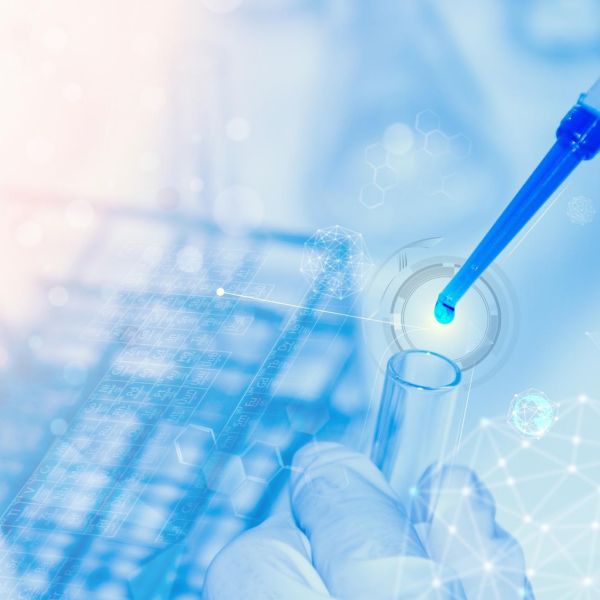
Apr 07, 2022
First round of funded projects announced from the Benkovic Research Initiative
Four projects have been announced as recipients of funding from the Patricia and Stephen Benkovic Research Initiative, which supports risky, highly innovative investigation at the interface of chemistry and the life sciences.
Full Article